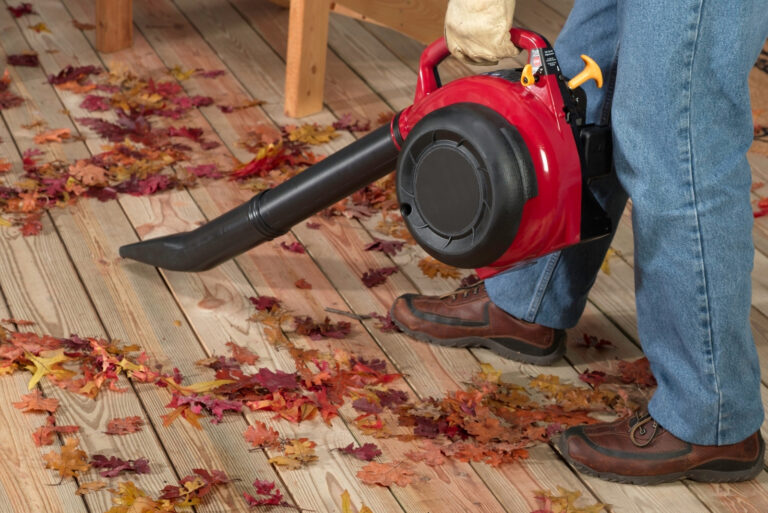11 Common Yard Additions Florida Homeowners May Have To Remove
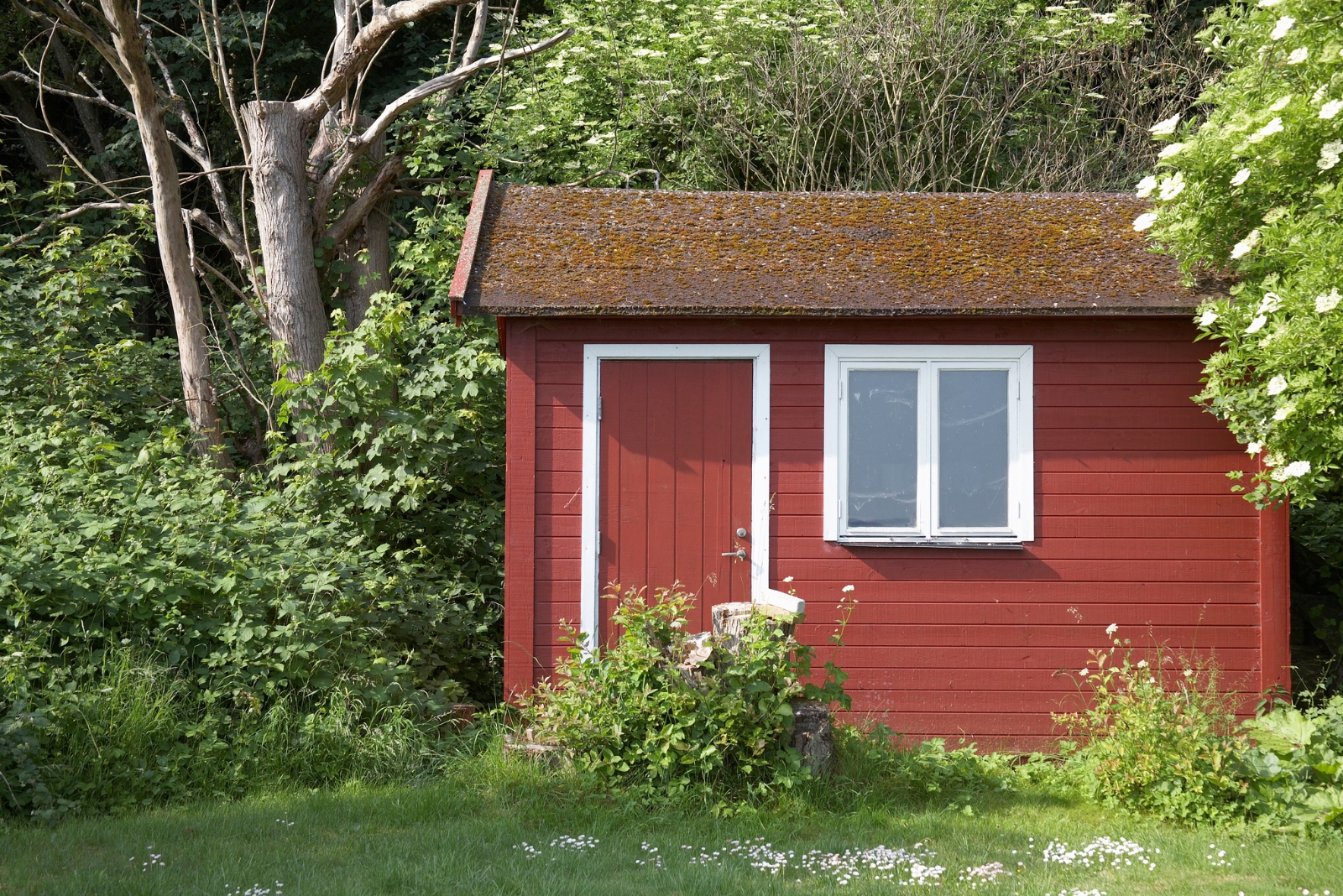
Florida’s changing landscaping rules, storm safety standards, and environmental protections are reshaping what’s allowed in residential yards. Features that once seemed harmless can now lead to fines, code violations, or removal notices if they pose risks or harm native ecosystems.
Many homeowners are finding that certain long-used additions no longer make the cut. Several common yard features in Florida may soon have to go.
1. Unpermitted Fences
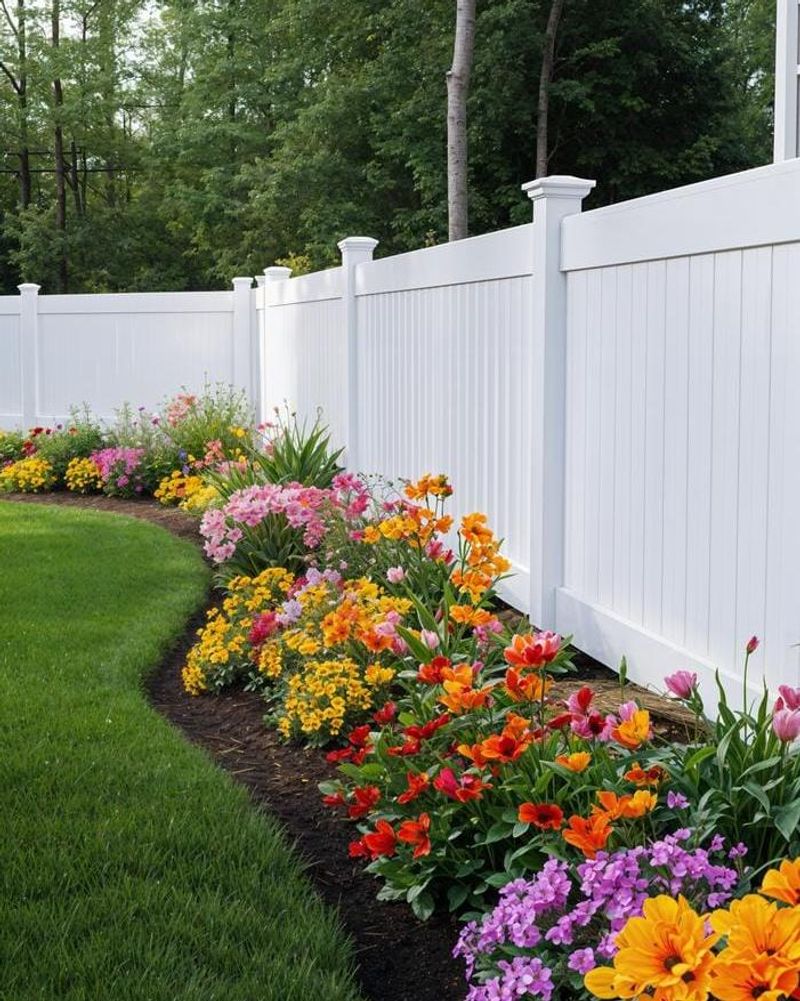
Building a fence without permission can land you in trouble fast. Many Florida communities require permits before you install any type of fencing, especially if it exceeds certain height limits or sits too close to property lines.
Your homeowner association might also have strict rules about fence color, material, and style. Violating these regulations means you could face removal orders and fines. Always check local codes and HOA guidelines before hammering in that first post to avoid costly mistakes later.
2. Invasive Plant Species

Some beautiful plants turn out to be ecological nightmares. Florida has strict regulations against invasive species like Brazilian pepper trees, air potato vines, and melaleuca trees because they choke out native vegetation and harm local wildlife.
If environmental inspectors spot these troublemakers in your yard, removal becomes mandatory. Penalties can include hefty fines if you ignore removal notices. Research plants carefully before adding them to your landscape, and choose native Florida species that support the ecosystem instead.
3. Backyard Sheds Without Permits
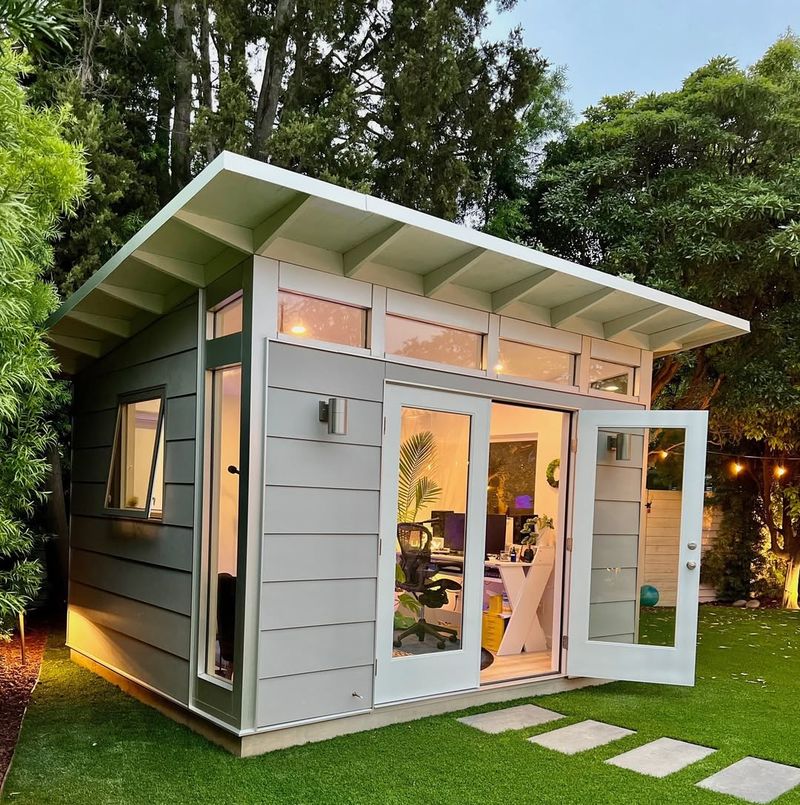
That convenient storage shed seemed like a perfect weekend project until the code enforcement officer knocked on your door. Most Florida counties require building permits for sheds over a certain size, typically anything larger than 100 square feet.
Setback requirements also dictate how far structures must sit from property boundaries. Installing a shed without proper permits can result in removal orders, especially if neighbors complain. Contact your local building department before construction to understand exactly what paperwork you need.
4. Unpermitted Swimming Pools

Dream pools can become legal nightmares when installed without following proper procedures. Florida law requires permits for both in-ground and above-ground pools, along with safety fencing to prevent drowning accidents.
Code enforcement takes pool violations seriously because of safety concerns involving children. Missing permits can force you to drain and remove the entire pool, wasting thousands of dollars. Worse yet, unpermitted pools can complicate home sales and void your insurance coverage if accidents occur on your property.
5. Chicken Coops in Restricted Areas
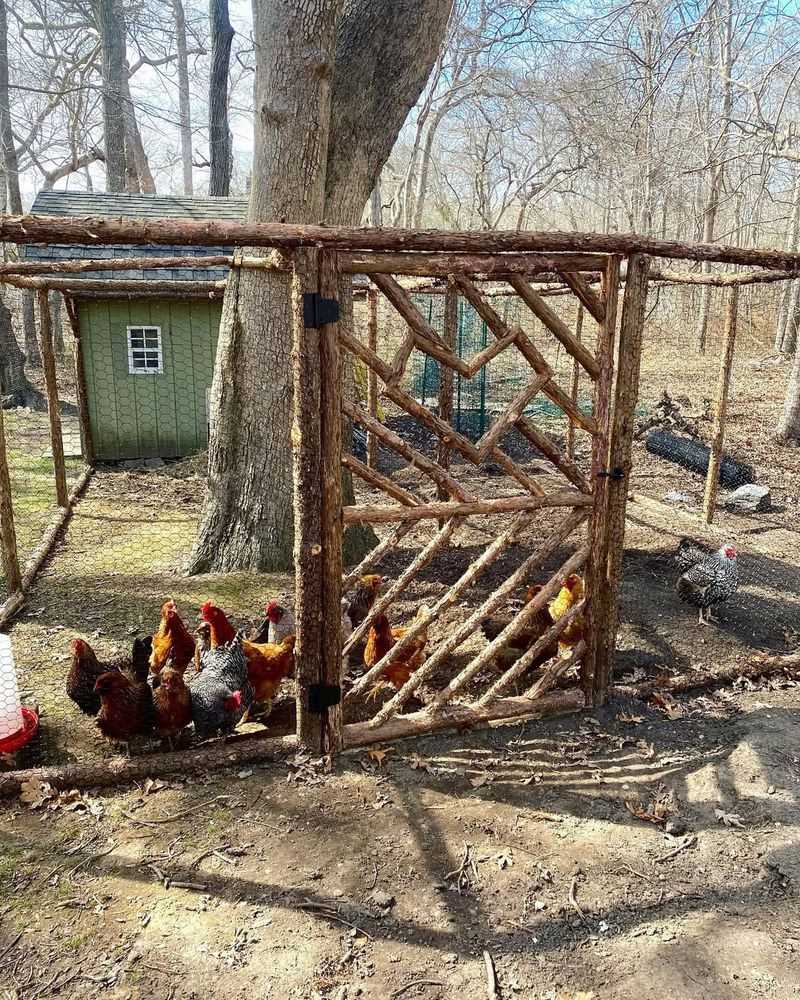
Raising chickens has grown popular, but many Florida neighborhoods prohibit livestock entirely. Even areas that allow chickens often limit flock sizes, require specific distances from neighboring homes, and ban roosters because of noise complaints.
Homeowner associations frequently have zero-tolerance policies for backyard poultry. If your coop violates local ordinances or HOA rules, you will need to rehome your birds and dismantle the structure. Check regulations thoroughly before investing in chickens and coop construction to avoid disappointment.
6. Unapproved Exterior Paint Colors
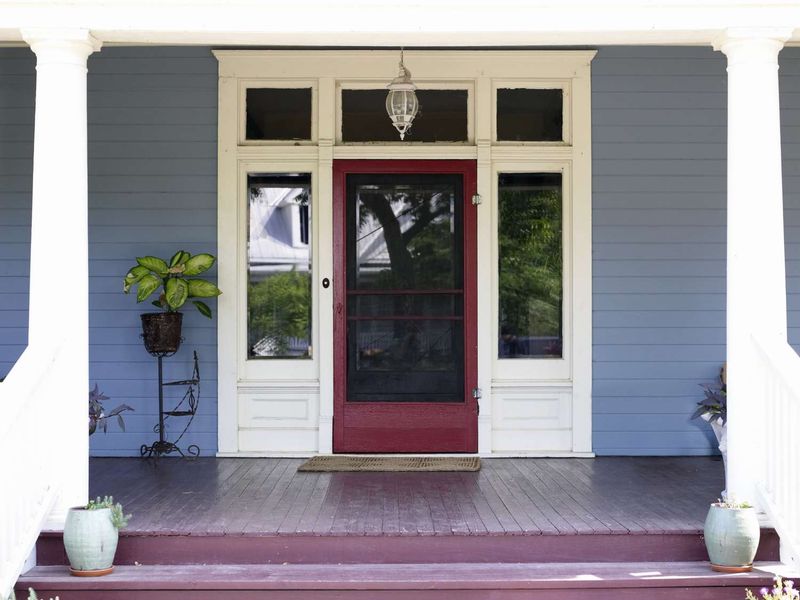
Expressing yourself through bold paint choices can backfire in controlled communities. Many Florida HOAs maintain approved color palettes and require written permission before you change your home’s exterior appearance.
Painting without approval can trigger mandatory repainting in compliant colors at your expense. Some associations even fine homeowners daily until violations get corrected. While it seems restrictive, these rules aim to maintain property values and neighborhood aesthetics. Always submit color samples for approval before buying paint to save yourself trouble.
7. Recreational Vehicles Parked Visibly
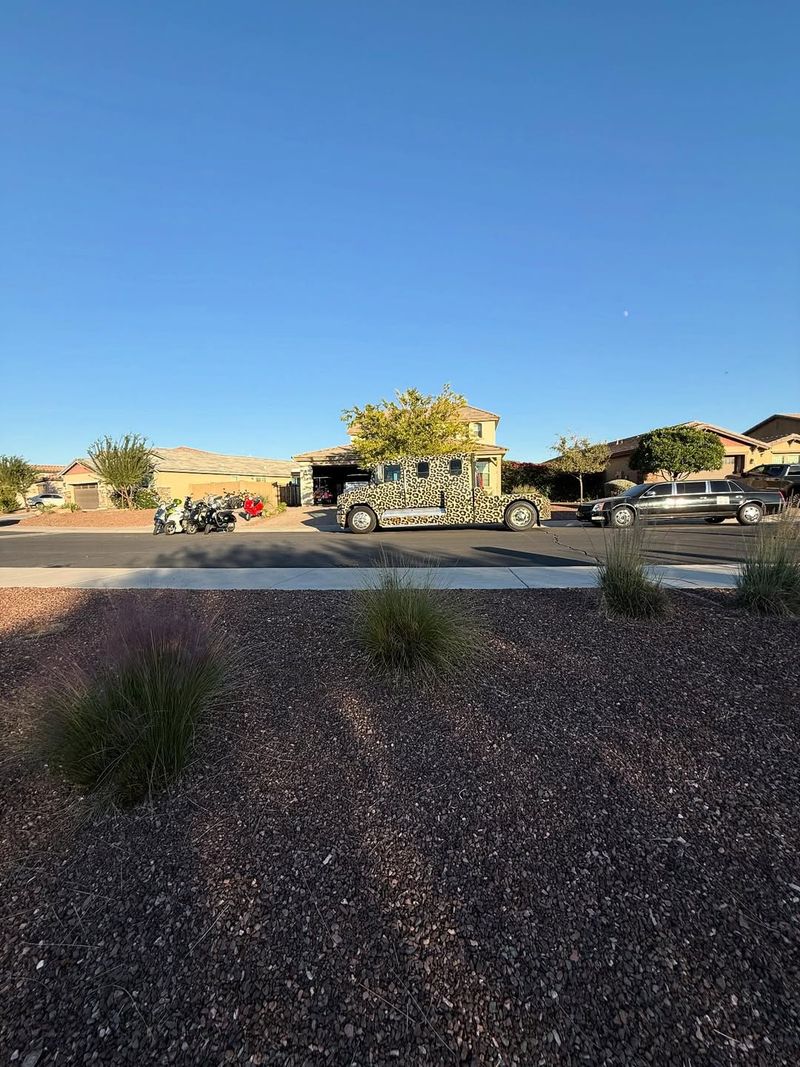
Parking your boat, RV, or camper in plain sight might violate community standards. Countless Florida neighborhoods ban visible recreational vehicle storage, requiring owners to keep them in garages, backyards, or off-site storage facilities.
Even short-term parking for loading and unloading sometimes has time limits, often just 24 to 48 hours. Violations typically result in warnings followed by fines that increase with each offense. Review parking restrictions in your deed and HOA documents before bringing home that dream camper.
8. Treehouse Structures
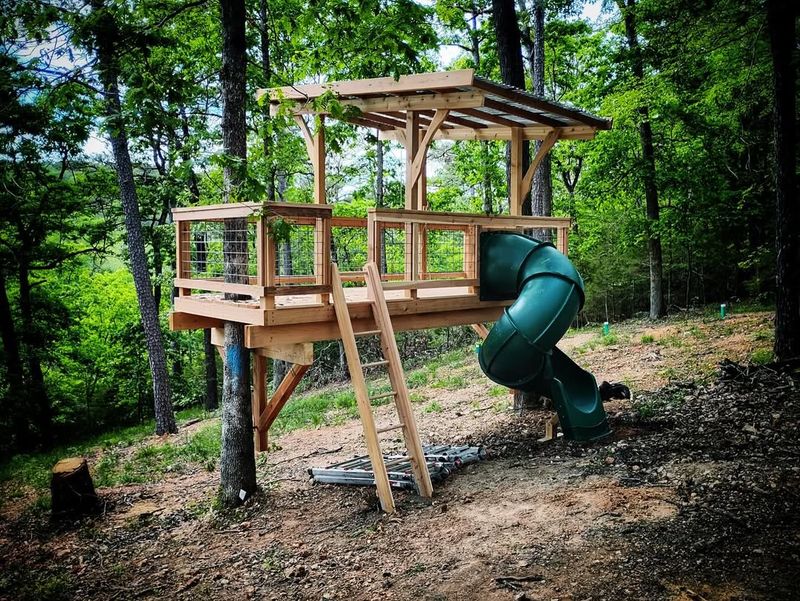
Building magical treehouses for kids sounds wonderful until code enforcement gets involved. Many Florida jurisdictions classify treehouses as structures requiring building permits, safety inspections, and compliance with setback rules.
HOAs might ban treehouses altogether, considering them eyesores or liability risks. Unpermitted treehouses face removal orders, disappointing children and wasting construction efforts. Before grabbing lumber and nails, research whether your community allows treehouses and what approval process you must follow to keep everyone happy and legal.
9. Unpermitted Decks And Patios
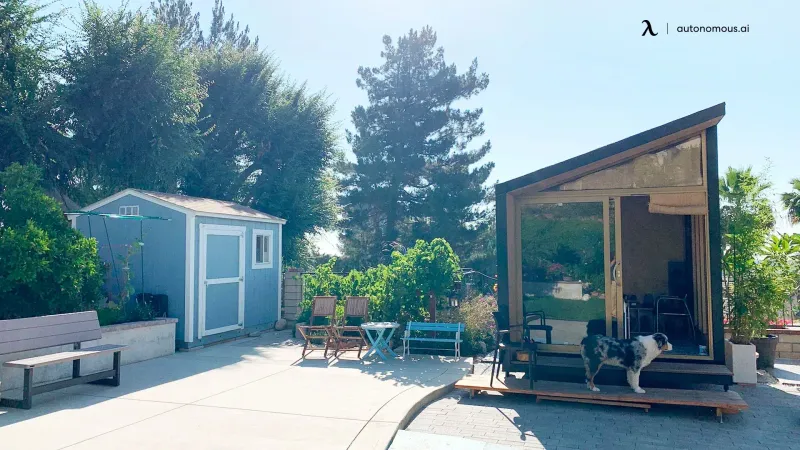
Outdoor living spaces add value but require proper authorization. Florida building codes mandate permits for decks and patios, ensuring they meet structural safety standards and proper drainage requirements.
Unpermitted construction discovered during home inspections can derail sales and refinancing. Code enforcement can order removal or expensive retrofitting to bring structures up to code. Even simple paver patios sometimes need permits depending on size and location. Protect your investment by obtaining necessary approvals before starting any outdoor construction project, no matter how straightforward it seems.
10. Yard Signs Beyond Allowed Limits
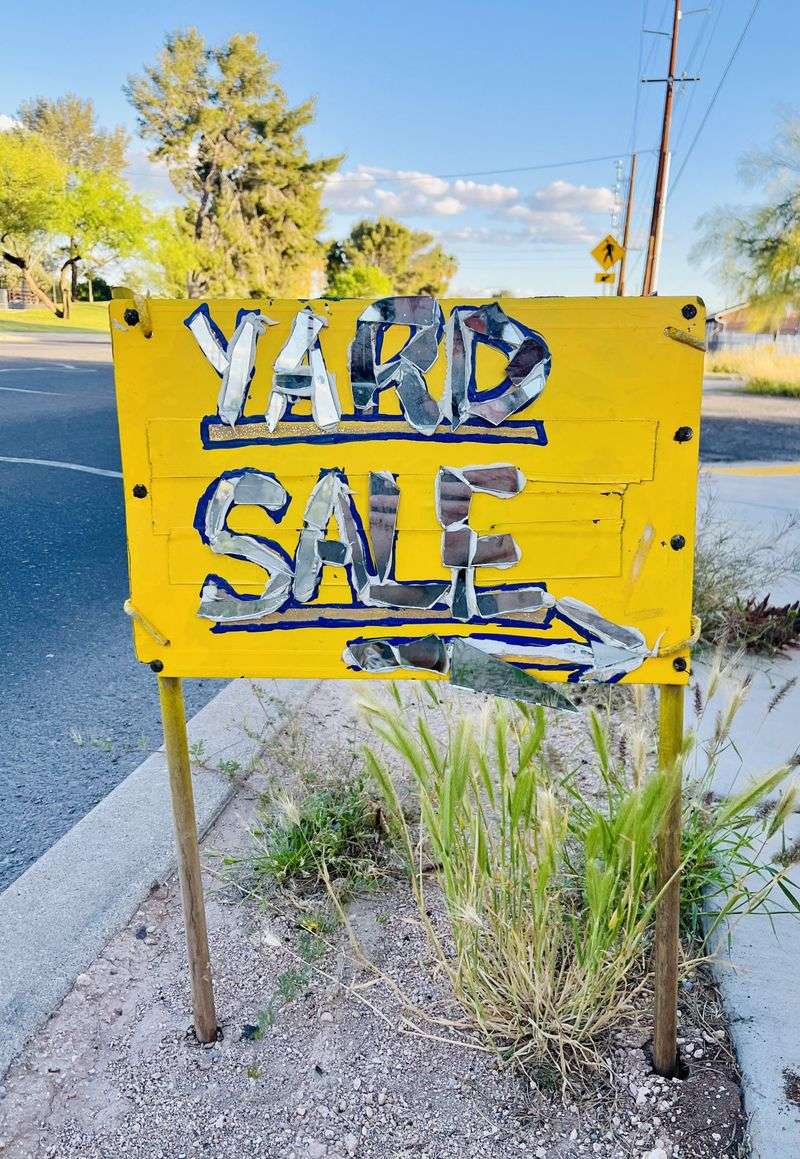
Freedom of speech has limits in regulated communities. While Florida law protects certain political signs during election seasons, HOAs can restrict sign size, quantity, and display duration.
Commercial signs, garage sale announcements, and decorative displays often face even tighter restrictions. Excessive signage can trigger violation notices requiring immediate removal. Some associations allow only specific types of signs, like security system warnings or realtor boards during home sales. Understand your community’s signage rules to express yourself without crossing boundaries that lead to fines.
11. Accessory Dwelling Units Without Approval
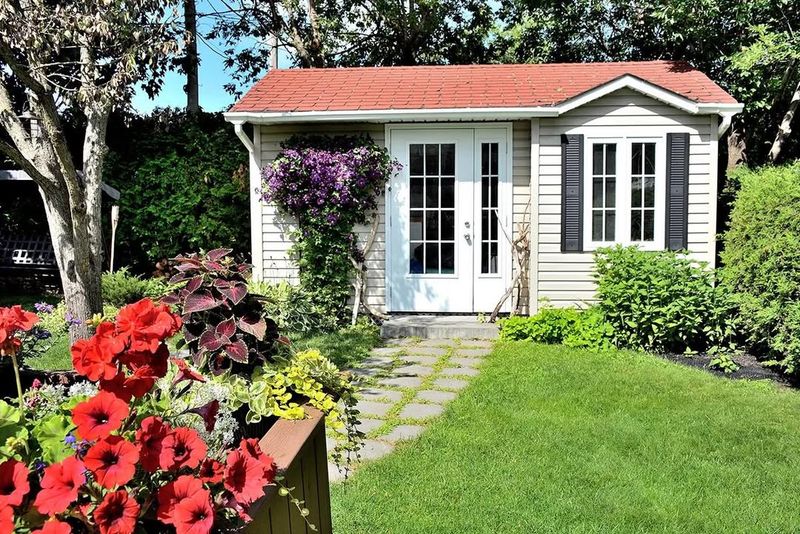
Adding a mother-in-law suite or rental cottage seems practical but involves complex regulations. Florida counties have varying rules about accessory dwelling units, often requiring special permits, utility connections, and compliance with density restrictions.
Zoning laws might prohibit additional dwellings entirely in certain neighborhoods. Building without proper authorization can force demolition and result in substantial fines. Some areas also restrict using ADUs as short-term vacation rentals. Research local zoning ordinances and obtain all necessary permits before constructing any additional living space on your property to avoid legal complications.





